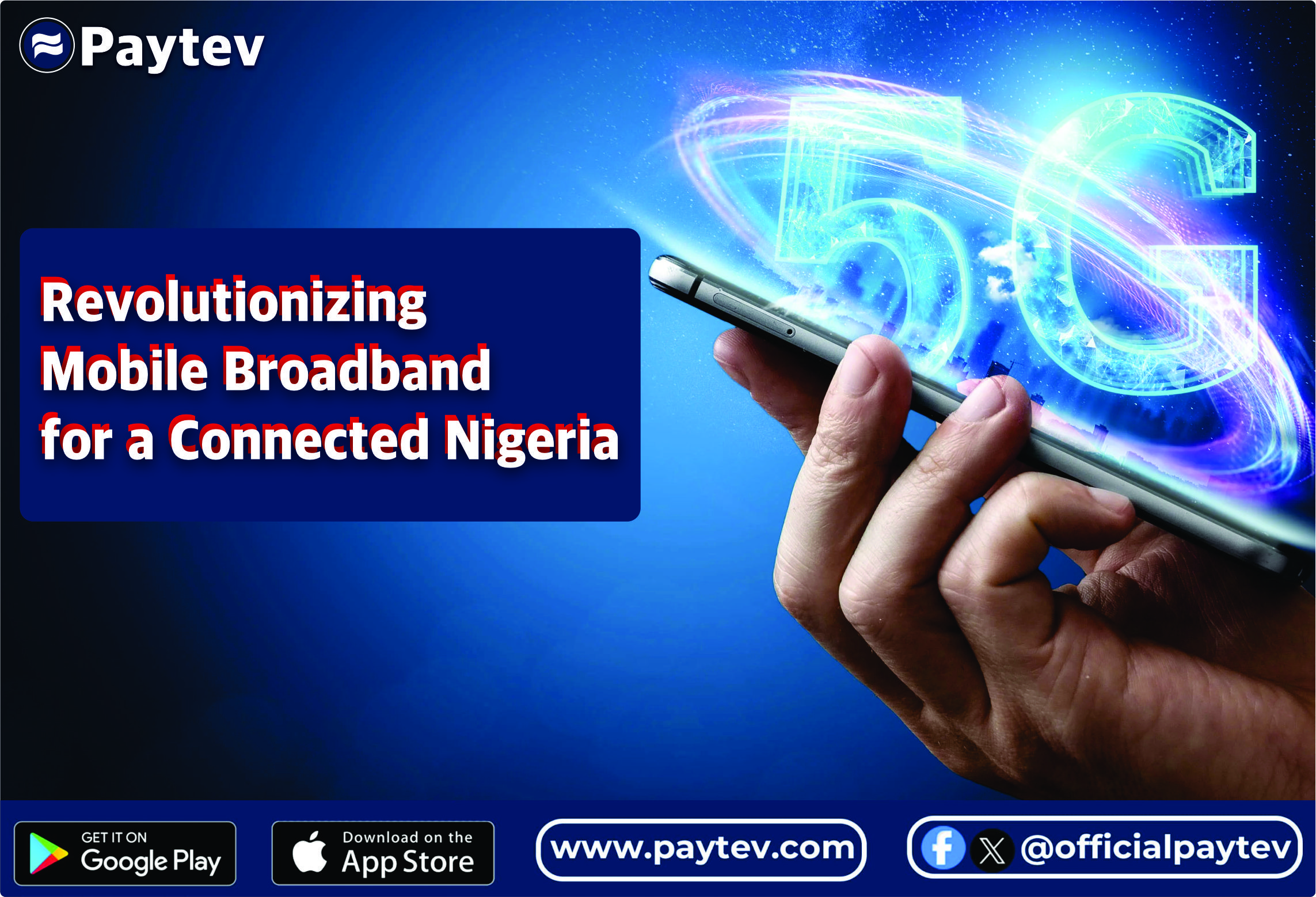Introduction
The 5G Network: Revolutionizing Mobile Broadband for a Connected Nigeria. In the ever-evolving landscape of technology, the emergence of 5G stands as a beacon of progress, promising to reshape the way we connect, communicate, and consume data.
As the world hurtles towards a more digitally connected future, Nigerians need to understand the significance of the 5G network and its potential impact on our daily lives.
Understanding 5G
5G, or fifth-generation wireless technology, is the latest iteration in mobile network standards. It represents a significant leap forward from its predecessor, 4G, offering faster data speeds, lower latency, and the capacity to connect a vast number of devices simultaneously. This transformative technology is poised to unlock new possibilities across various sectors, from healthcare and education to entertainment and beyond.
The Need for Speed
Imagine downloading a high-definition movie in seconds or enjoying seamless video calls without any lag – that’s the promise of 5G. In a country as vibrant and dynamic as Nigeria, where connectivity plays a pivotal role in everyday life, the speed and efficiency offered by 5G can revolutionize the way we work, study, and stay connected with our loved ones.
Empowering Smart Cities
One of the most exciting prospects of 5G lies in its ability to lay the foundation for smart cities. With its ultra-fast speeds and low latency, 5G can support the deployment of Internet of Things (IoT) devices, enabling us to create more efficient and sustainable urban spaces. From smart traffic management to intelligent energy grids, the possibilities are endless.
Economic Growth and Innovation
As Nigeria strives for economic growth and technological advancement, 5G can play a pivotal role in fostering innovation and entrepreneurship. The enhanced connectivity provided by 5G can empower businesses, both large and small, to embrace digital transformation, leading to increased productivity and global competitiveness.
Challenges and Considerations
While the promises of 5G are indeed exciting, it’s essential to address potential challenges and concerns. These may include issues related to infrastructure development, security, and ensuring equitable access to this cutting-edge technology across different regions of Nigeria. By addressing these challenges proactively, we can ensure that the benefits of 5G are shared inclusively.
Conclusion
In conclusion, the advent of 5G heralds a new era for mobile broadband in Nigeria. Its potential to revolutionize connectivity, empower smart cities, and drive economic growth makes it a technology worth embracing. As we stand on the cusp of this digital transformation, let us work collectively to ensure that the benefits of 5G are harnessed for the greater good, fostering a connected and prosperous future for all Nigerians.

